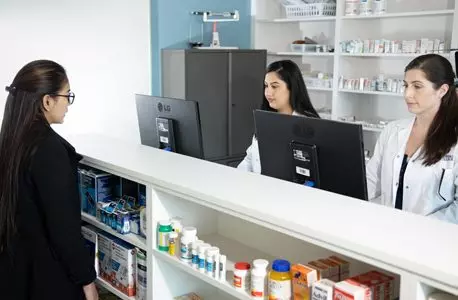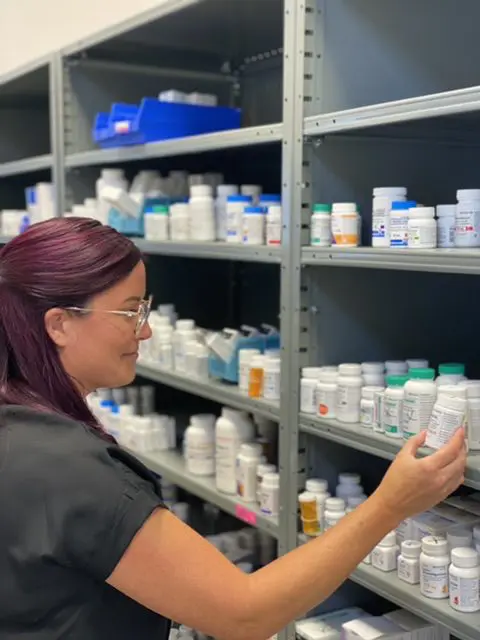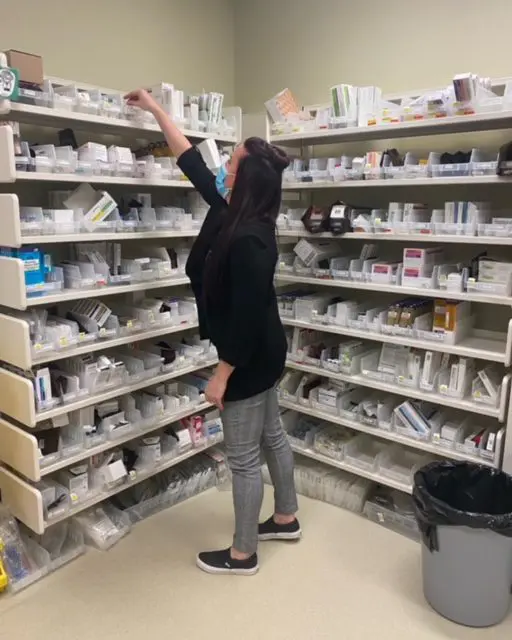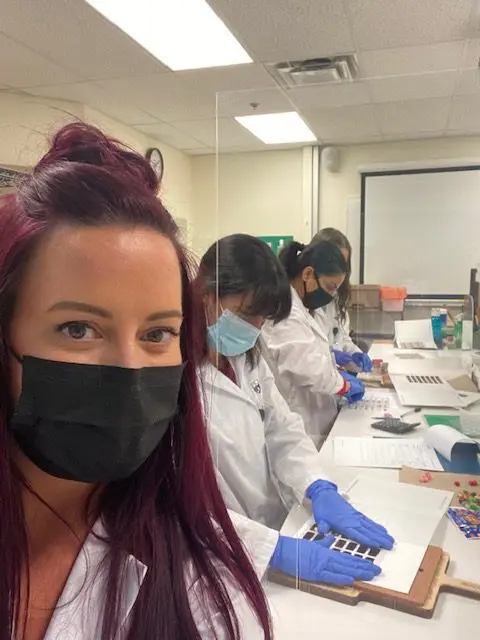When most people think about a career as a Pharmacy Technician, they often imagine working in a retail pharmacy.
They might picture themselves greeting patients, answering the phone, and working under the supervision of a pharmacist. And, while that’s one career path recent graduates can look forward to, it’s certainly not the only rewarding career option available to graduates of Pharmacy Technician Programs.
Pharmacy Technicians work in a variety of settings. While each will involve attention to detail, math skills and excellent communication skills, not all Pharmacy Technician jobs are the same.
Professionals working in hospitals, for example, can have different duties than those working in retail.
If you are planning to enroll in Pharmacy Technician courses, or you have already started your program, read on to learn the difference between working in a retail vs. hospital pharmacy.
Pharmacy Technicians Work Closely With Customers in Retail Pharmacies
Retail pharmacies are the pharmacies many of us are most familiar with, because they deal with the public directly. Patients interact with pharmacy technicians as well as their pharmacist as they renew or pick up their prescriptions. In this work environment, pharmacy technicians deal directly with customers as they:
- answer the phone
- greet patients
- fill out and update patient files
As a result, customer service is an important part of a retail Pharmacy Technician’s Career. If you’re thinking about working in healthcare and also love interacting with the public, then retail pharmacy might be the perfect fit for you.
Of course, that’s not all pharmacy technicians are responsible for in a Retail Pharmacy. They also help maintain inventory, order new stock, and count pills and compound medications under the supervision of a pharmacist.
The Role of a Pharmacy Technician in a Hospital Pharmacy
In a Hospital setting, Pharmacy Technicians have different duties than in retail. There are several reasons for this.
Firstly, Retail Pharmacy Technicians help pharmacists prepare prescriptions These prescriptions are almost always intended for patients to use at home. They’re often measured so that patients can have enough of their medication for several weeks. In a Hospital setting, however, this isn’t the case. Patients staying in hospitals will have their medications brought to them or administered by a nurse. As a result, Pharmacy Technicians in hospitals prepare prescriptions for one or two days at a time, rather than for a longer period.
The second major difference is that in a hospital, Pharmacy Technicians interact with nurses and doctors rather than with the public. And so, while good communication skills are still essential, there is less of a focus on customer service in a hospital environment.
Pharmacy Technicians working in a hospital will also prepare different types of medication than those working in retail.
In a hospital environment, technicians might be asked to prepare IVs using aseptic technique. A Skill they learn during their Pharmacy Technician training.
Of course, graduates of Pharmacy Technician programs don’t have to choose only one career path. While some prefer to spend their entire career working in either Retail or at a Hospital, other technicians might want variety. They choose to work in one setting and then switch to another a few years later.











